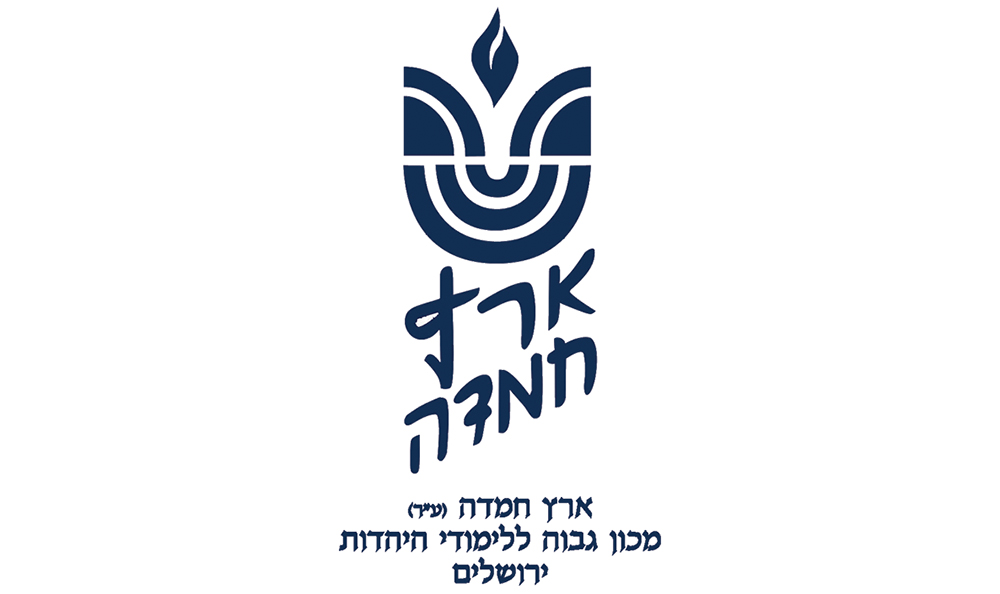
It was one of the nicest emails I have ever received.
A week before Pesach, I sent an email to my boss, reminding her that I’d be taking a day off for the upcoming holiday.
A few minutes later, I received a two-word reply: “Chag sameach.”
I smiled.
My boss is Jewish but not observant, and is only marginally familiar with anything related to any ritual practices of our faith.
However, she knows that I am shomer Shabbat, and deeply respects my commitment … and in a very brief acknowledgment to my email, said more than I could have ever asked for.
I guess I’ve been lucky. I’ve heard all the horror stories from friends about employers who have not taken too kindly to requests made by their direct reports about Shabbat, Yom Tov and kashrut. The self-hating, non-observant Jewish manager who can’t understand why his employee needs to leave early on Shabbat when he can work regular hours. The antisemitic manager who feels that asking for four days off to celebrate Sukkot immediately after taking three days off for Rosh Hashana and Yom Kippur is an example of Jews unfairly using their religion to their own advantage. The HR director organizing the company’s holiday get-together, who knows you keep kosher but wonders why you can’t eat the food at the party since she has made sure that there’s no pork, ham or lobster being served.
Fortunately, I’ve never experienced any of this kind of behavior in the 40 years I have spent in the workplace … and it’s not because I have always worked for companies whose owners are shomer Shabbat either. And while I don’t have any magic formula on how one can avoid these awkward encounters at the office, I do feel there is a way that can often minimize any conflicts for a religiously observant Jew at work.
In short, we need to be proud of who we are—and tell the world that it’s OK to be different. You will be surprised at how much people will respect you if you are forthright about your religion and your practices. And we need to educate those who may not be familiar with specific practices about what we do, as oftentimes religious discrimination emerges out of simple ignorance, not anger or antisemitism.
Although I never wore a yarmulke at work, my co-workers and superiors all knew I kept strictly kosher and that I was shomer Shabbat, as I always was very upfront about it. Consequently, they often took great care in making sure that I would get home in time for Shabbat, reminding me around 2 p.m. on Fridays in the winter that I should probably leave so I could get home soon. One year in March, the week after the clocks had changed, my co-worker was deeply concerned when she saw me sitting at my desk at 5 p.m. on a Friday afternoon, not realizing that sunset was an hour later than the week before!
As the person who always had the most knowledge of Jewish history, Jewish philosophy and Jewish ritual at the various places I’ve worked during my professional career, I often became the source for any questions my fellow employees had about Judaism. Whether it was a question on a specific character or passage in Tanach or a query about why observant Jews behave a certain way, I have certainly received a sizable selection of inquiries about the Jewish religion over the years, which I’ve tried to answer as best as I could. I hope I performed this job admirably.
While I never looked for the responsibility of answering people’s questions, I knew that it was an opportunity to better educate people about our religion—and hopefully be a kiddush Hashem in the process as well. I did have one caveat … while I was happy to answer general questions about being Jewish, I was always careful to tell folks who asked me a specific question about what they should do in a certain situation to check with their local rabbi. (I may have been more Jewishly knowledgeable than others with whom I worked, but I am certainly not a posek.)
Mayer Gniwisch identifies with the Chabad movement, and attended the Harvard Business School during the past two years. Instead of a cap and gown, the school encouraged its students, if they so desired, to dress in their own traditional clothing for the annual graduation ceremony, if they so desired. Gniwisch donned his Shabbat garb—a kapata and black hat—for the ceremony.
I mention this fact because of the recent increase in antisemitic activity in the United States—and the feeling of some folks that we should shy away from any outward displays of being Jewish. Historically, this strategy has never been successful … and it’s a shame that people still believe they can avoid being targeted by antisemites by employing such a tactic. On the contrary, we need to unapologetically show the world that we are proud to be Jewish, in order to gain their admiration and respect.
I know it’s not easy being observant and achieving success in the workplace. There are many barriers that need to be overcome. However, compared to what it was like 50 to 75 years ago, it is infinitely easier to succeed in your profession as an Orthodox Jew today. Not only do we have a more educated group of non-Jews who are aware of the specific needs of being observant, but we also have the law on our side, which expressly prohibits discrimination as long as our requirements relate to legitimate religious reasons.
Here’s hoping that you also get an email saying “Chag sameach” when you tell your boss you are taking off for Shavuot.
Michael Feldstein is a contributing editor for The Jewish Link. He owns his own marketing consulting firm, MGF Marketing, and can be reached at michaelgfeldstein@gmail.com.










